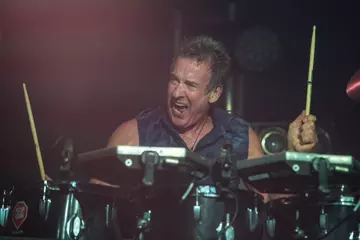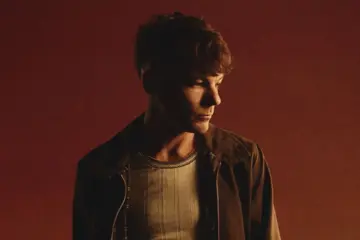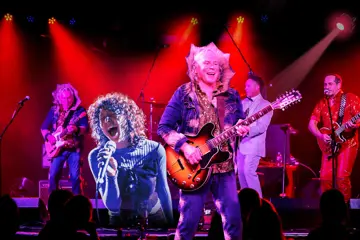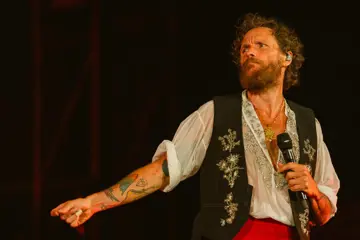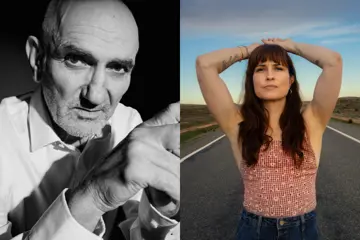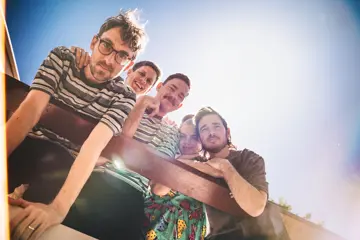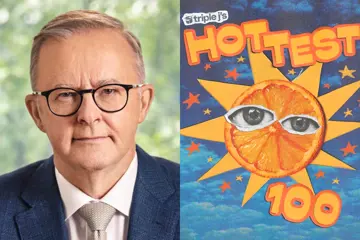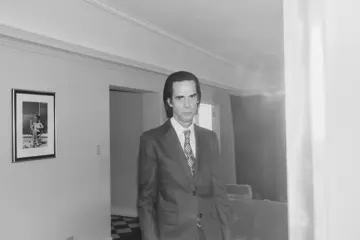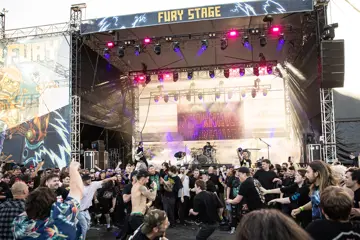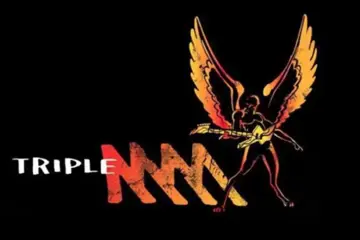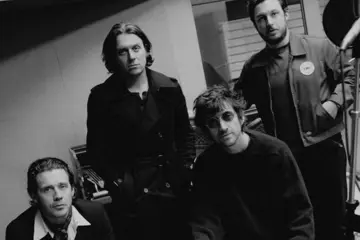The local Russian Film Festival has always been referred to as the Russian Resurrection, and that notion of bringing back the past – of bringing back former national/artistic glories from the dead – is often reflected in the programming. Frequently, there is an incongruousness between the new Russian cinema shown – which is often, to be honest, awful commercial crap – and the old classics from Tarkovsky, Mikhalkov or Eistenstein that are brought out annually. Which isn't to say the festival is entirely lacking in contemporary cinematic worth; last year found a blessed screening of Alexander Mindadze's Innocent Saturday, a slice of history-as-in-the-moment-vérité in which the citizens of Chernobyl go about their lives whilst the nuclear reactor burns, the film an anti-disaster-movie whose sly symbolism and profound parable give it extra edge in contemporary Russia.
There's nothing so interesting in the 2012 festival, which doesn't even have the typical retrospective-of-a-master to fall back on. Instead, there's a three-film program of movies set against the Napoleonic Wars of 1812, including Sergei Bondarchuck's infamously-over-the-top seven-hour adaptation of War & Peace, a slice of cinematic grandeur in which the Soviet Empire marshalled, like, half-a-million citizens to stage a nationalist epic.
There are also two films (which doesn't really seem like enough to denote a retrospective) adapted from Chekhov, including Mikhalkov's Unfinished Piece For A Player Piano, his adaptation of That Worthless Fellow Platonov that, on its 1977 release, was already deemed determinedly traditionalist and old-fashioned, and which four decades haven't helped; if you want zany voices dubbed badly over bawdy acting, this is the place. There's also another – new, contemporary – film dramatising the playwright's latter years, The Admirer. And it, too, struggles with audio sync issues, though, too, this may be a device of signposted old-fashionedness. Vitaly Melnikov's drama is of determinedly Chekhovian conceit: setting up that period-piece staple – the torrid, scandalous affair – but refusing to hew towards such dramatic simplicity, revelling, instead, in torturned, torn morality. Lovingly tending to turn-of-the-century settings and wardrobe – this is, let it be known, a frock movie – the slightly-off dubbing almost seems like a deliberate attempt to make it play as not-contemporary, which is perfectly in keeping with the retromania of the Resurrection, where the past is always superior to the present.
The new films on display pretty much reassert such a position: from amongst the commercial dreck and hysterical drama cluttering the program, all of what I've seen has been pretty awful. Starting with August 8th, a wannabe all-action blockbuster that sets a stupendously-shitty family drama against the South Ossetia war, which is depicted with unstinting, unsettling propaganda, the unseen Georgians an invisible menace out to shoot high-tech missiles into buses filled with children. Against such noxious shrines to contemporary interventionist military might, we get an even-more-regrettable narrative, about a tediously 'good' mother trying to reunite with her snivelling son, who is so detached from reality the only way he can cope is by imagining his world as a very-poorly-animated computer-game. Two more awful movies: Home and Siberia, Mon Amour, both ensemble pieces set in rural shitholes, in which the local-theatre-production-level acting is all screeching, pantomimed drunkenness (hic!) and characters slapping each other endlessly. If this is the Resurrection, who died for such cinematic sins?
Russian Resurrection Film Festival screens from Thursday 30 August to Sunday 12 September at Chauvel Cinema.
Don't miss a beat with our FREE daily newsletter


